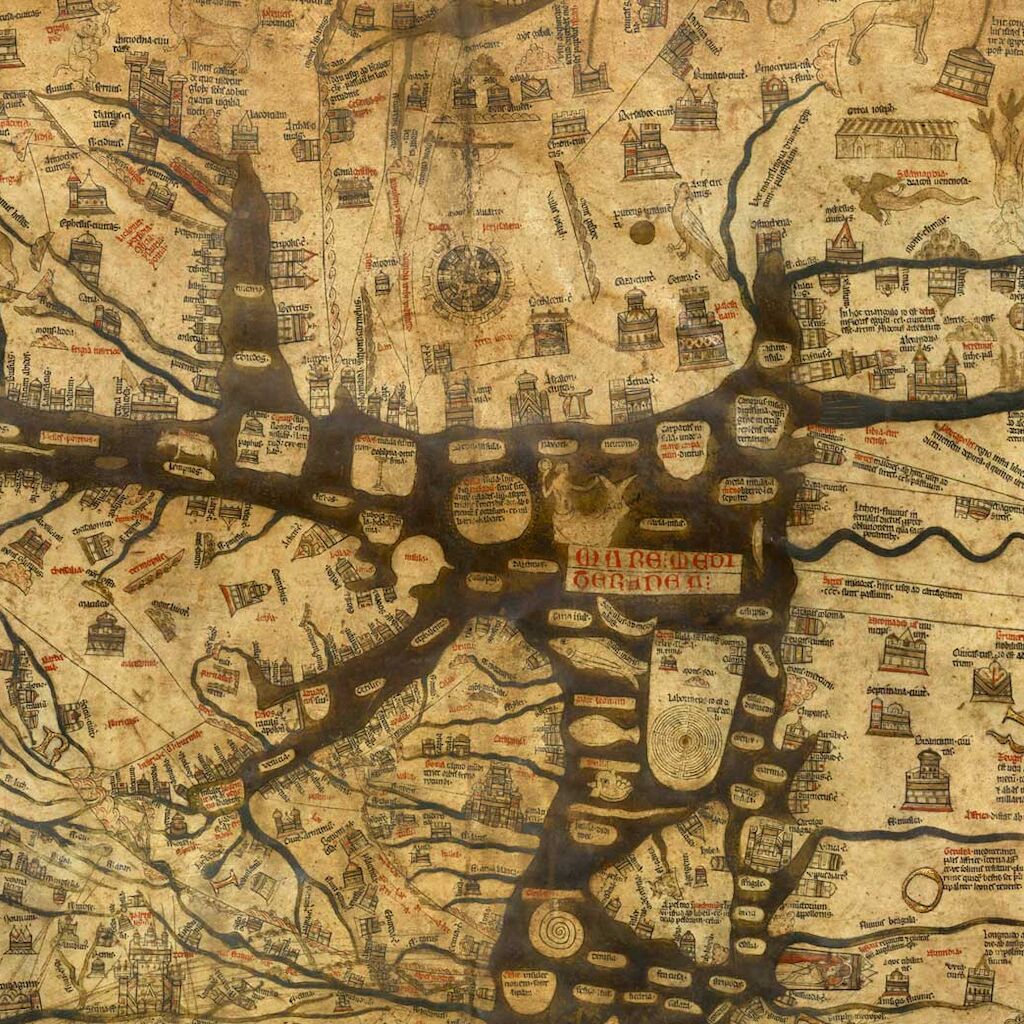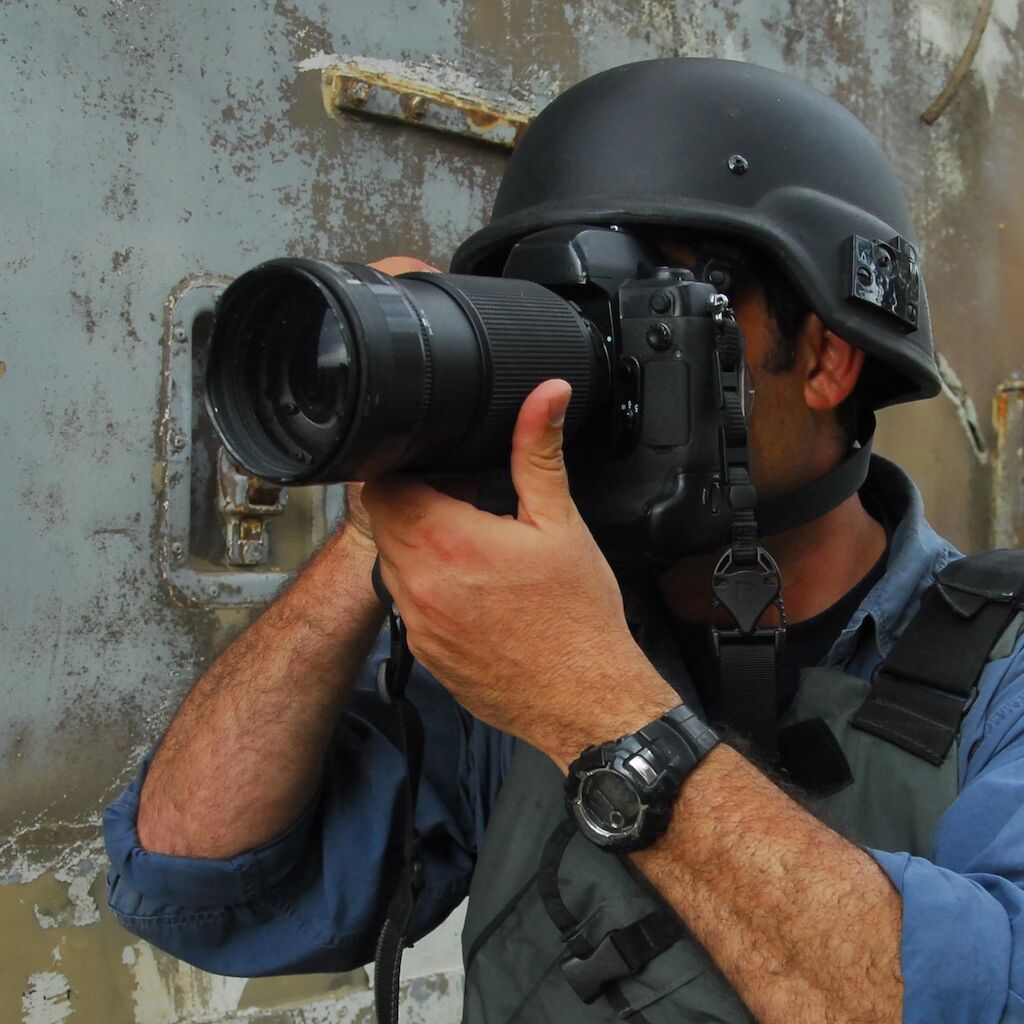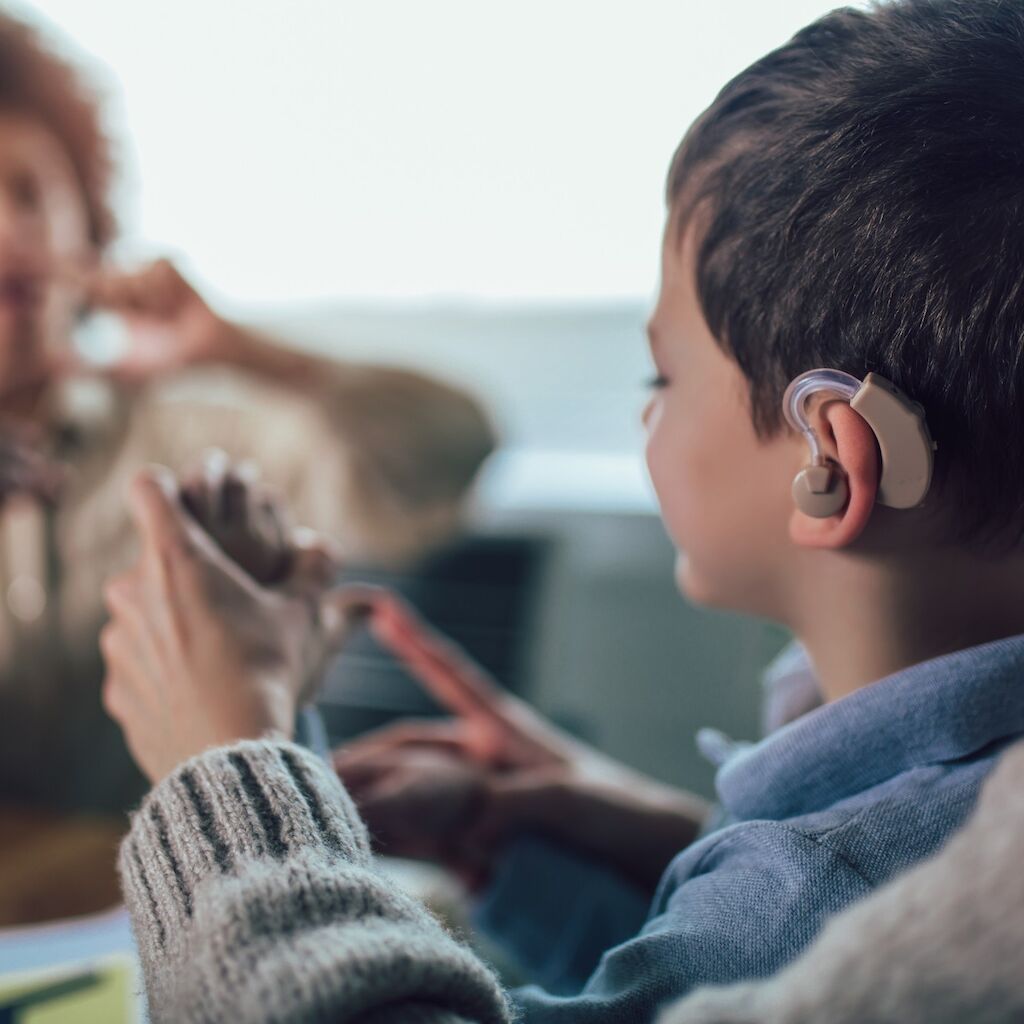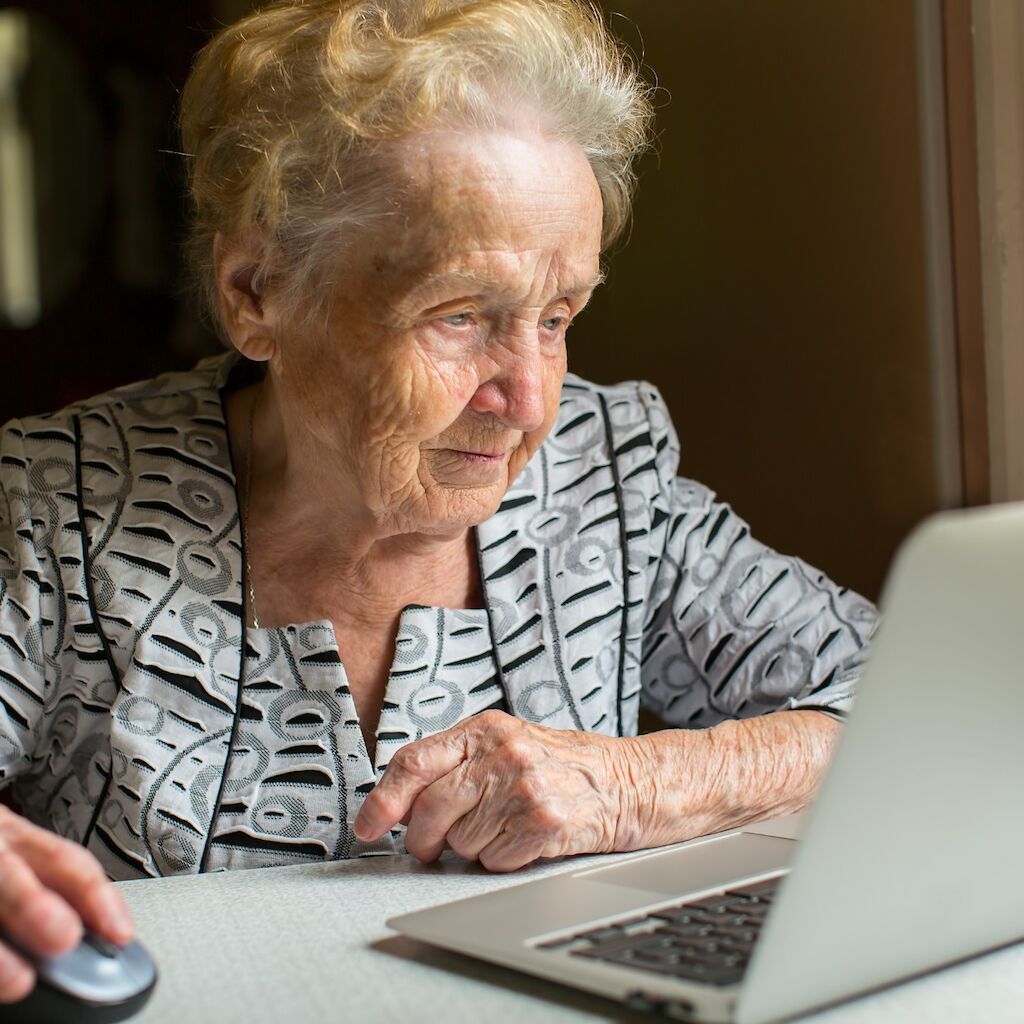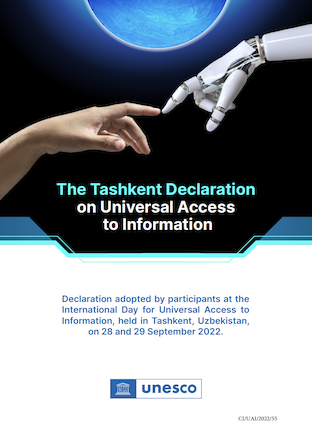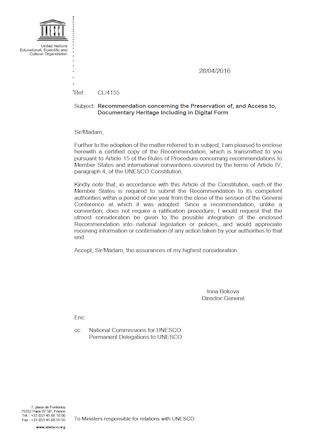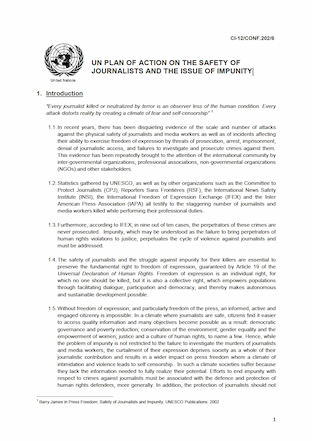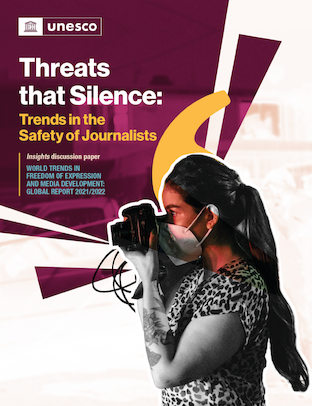UNESCO works to protect these rights, and its impacts are firmly rooted in the demands and needs of 21st-century citizens. UNESCO leads the United Nations Plan of Action on the Safety of Journalists, offers guidance on combating online hate speech and misinformation, and coordinates World Press Freedom Day to raise awareness of the importance of free and independent media. It also promotes Media and Information Literacy programmes to equip citizens with the skills to assess information, and identify fake news, and coordinates Open Education Resources and global efforts to ensure AI technologies respect human rights and ethical principles.
Our work, and that of our Expert Network, has a significant positive impact on the government's commitment to fulfilling UNESCO’s action on communication and information across the globe. We recognise the importance of public access to information and the protection of fundamental freedoms to peaceful and inclusive societies.

